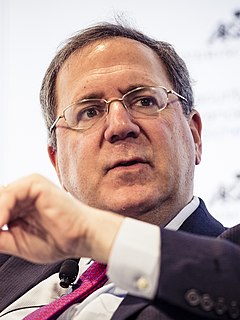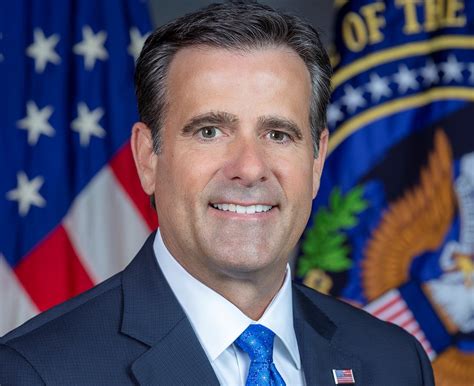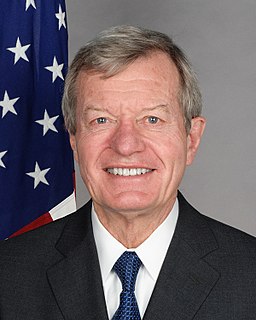A Quote by Jennifer Lee
We might be shifting away from a Eurocentric view of the United States into something that's much more multicultural, multinational, and Chinese food is just one slice of that.
Related Quotes
There's not much value to us attacking Chinese systems. We might take a few computers offline. We might take a factory offline. We might steal secrets from a university research programs, and even something high-tech. But how much more does the United States spend on research and development than China does?
In the Islamic world, the U.S. is seen in two quite different ways. One view recognizes what an extraordinary country the U.S. is.The other view is of the official United States, the United States of armies and interventions. The United States that in 1953 overthrew the nationalist government of Mossadegh in Iran and brought back the shah. The United States that has been involved first in the Gulf War and then in the tremendously damaging sanctions against Iraqi civilians. The United States that is the supporter of Israel against the Palestinians.
In the Islamic world, the U.S. is seen in two quite different ways. One view recognizes what an extraordinary country the U.S. is. Every Arab or Muslim that I know is tremendously interested in the United States. Many of them send their children here for education. Many of them come here for vacations. They do business here or get their training here. The other view is of the official United States, the United States of armies and interventions.
By using general consumption PPPs, the World Bank is, in effect, saying to the poor: "Sure, you cannot buy as much food as the dollar value we attribute to your income would buy in the United States. But then you can buy much more by way of services than you could buy with this PPP equivalent in the United States." But what consolation is this? The poor do not buy services - they are services, on their luckier days.































